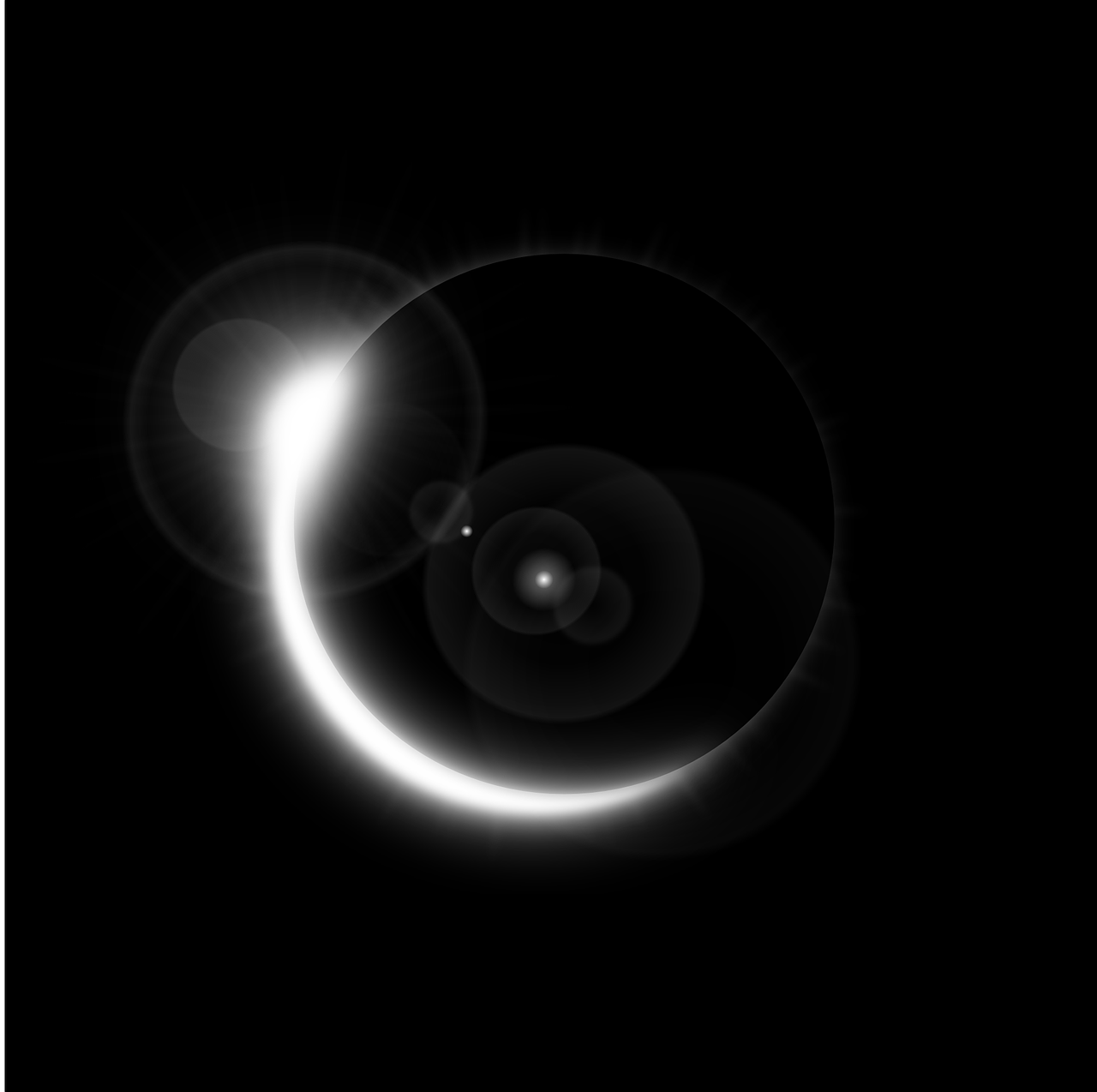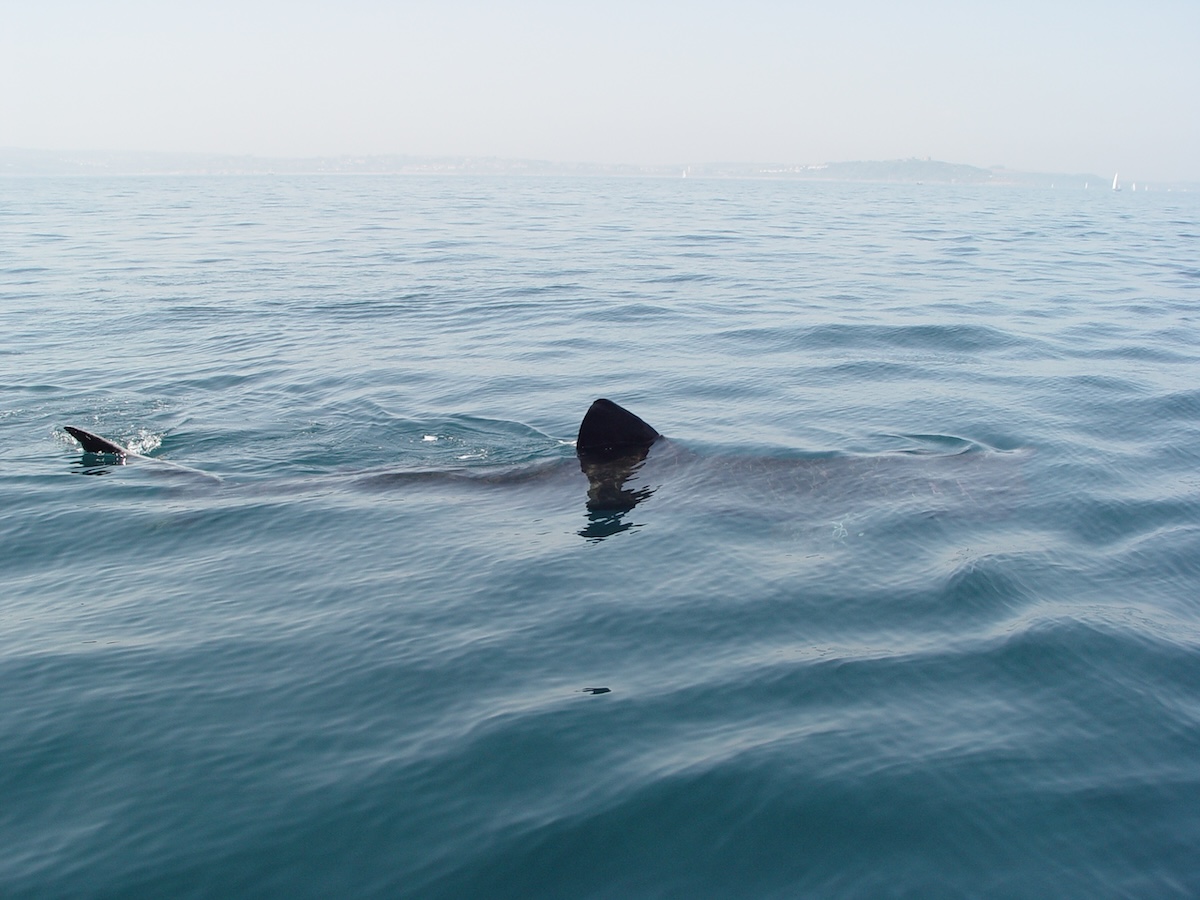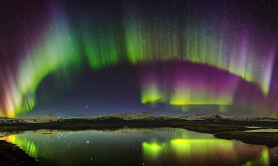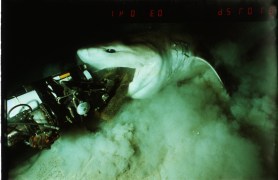

Solar eclipses and lunar eclipses are celestial events that capture the imagination and wonder of skywatchers around the world.
Videos by Outdoors
While both involve the alignment of celestial bodies, there are distinct differences between these two types of eclipses.
With a highly anticipated ‘Ring of Fire’ solar eclipse coming up this weekend, let’s explore the dissimilarities and shed light on the unique characteristics of solar and lunar eclipses.
Definitions: Solar Eclipse and Lunar Eclipse
Solar Eclipse: A solar eclipse occurs when the Moon passes between the Sun and Earth, casting a shadow on a portion of the Earth’s surface. It happens during the new moon phase.
Lunar Eclipse: A lunar eclipse occurs when the Earth comes between the Sun and the Moon, causing the Moon to fall into the Earth’s shadow. This event occurs during the full moon phase.
Visibility
Solar Eclipse: A solar eclipse is visible only from specific regions on Earth where the shadow of the Moon falls. The area experiencing a total solar eclipse, known as the path of totality, is relatively small compared to the entire planet.
Lunar Eclipse: A lunar eclipse, on the other hand, is visible from any location on Earth where the Moon is above the horizon during the event. It can be observed by anyone on the night side of the planet.
Duration
Solar Eclipse: The duration of a solar eclipse is relatively short, typically ranging from a few minutes to a couple of hours. When the Sun is completely obscured, the total phase lasts only a few minutes.
Lunar Eclipse: A lunar eclipse lasts longer. Total lunar eclipses can extend for several hours, with the entire event, from partial to total eclipse and back to partial, lasting a few hours.
Visual Intensity
Solar Eclipse: During a total solar eclipse, when the Moon completely covers the Sun, the sky darkens significantly, and the corona— the Sun’s outer atmosphere—becomes visible. This creates a mesmerizing celestial spectacle, with the Sun’s wispy tendrils surrounding the Moon.
Lunar Eclipse: In a total lunar eclipse, the Moon takes on a reddish hue, often referred to as a “blood moon.” This occurs because sunlight passing through the Earth’s atmosphere gets refracted and bent toward the Moon, giving it a reddish glow.
Frequency
Solar Eclipse: Solar eclipses are relatively rare events that occur a few times a year but are visible only from specific locations on Earth. The same region might not experience a total solar eclipse again for several years.
Lunar Eclipse: Lunar eclipses are more frequent than solar eclipses, with at least two to four occurring every year. Additionally, lunar eclipses are visible from a larger area on Earth, making them more accessible to observers.
Safety Precautions
Solar Eclipse: As a rule, don’t look. If you are going to anyway then know that viewing a solar eclipse requires special precautions to protect the eyes from the intense sunlight. Directly looking at the Sun without proper eye protection can cause severe eye damage. Special eclipse glasses or solar filters are necessary to safely observe a solar eclipse.
Lunar Eclipse: Lunar eclipses do not pose any risks to the eyes since they involve the Earth blocking the Sun’s light from reaching the Moon. Observing a lunar eclipse is safe without the need for protective eyewear during the totalitarity period.
Solar eclipses and lunar eclipses are intense and unique celestial phenomena that offer unique experiences to those fortunate enough to witness them. Whether it’s the awe-inspiring sight of the Sun’s corona or the enchanting appearance of a blood moon, both types of eclipses leave a lasting impression on observers worldwide. Understanding the differences between solar and lunar eclipses enhances our appreciation for the intricate dance of celestial bodies and the wonders of the universe.









